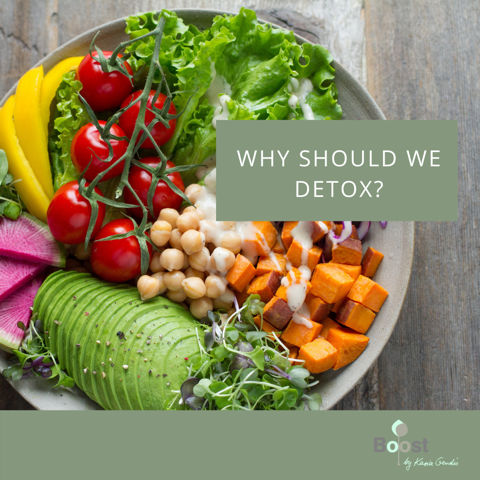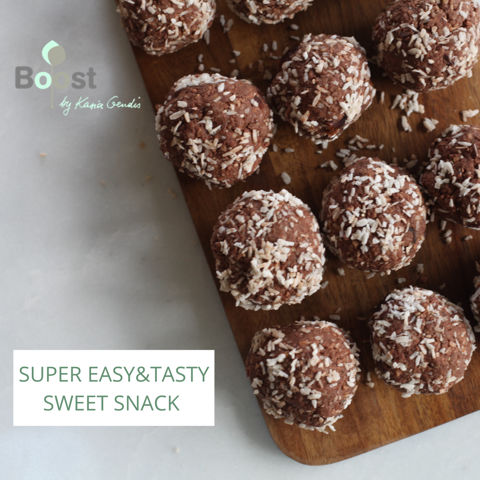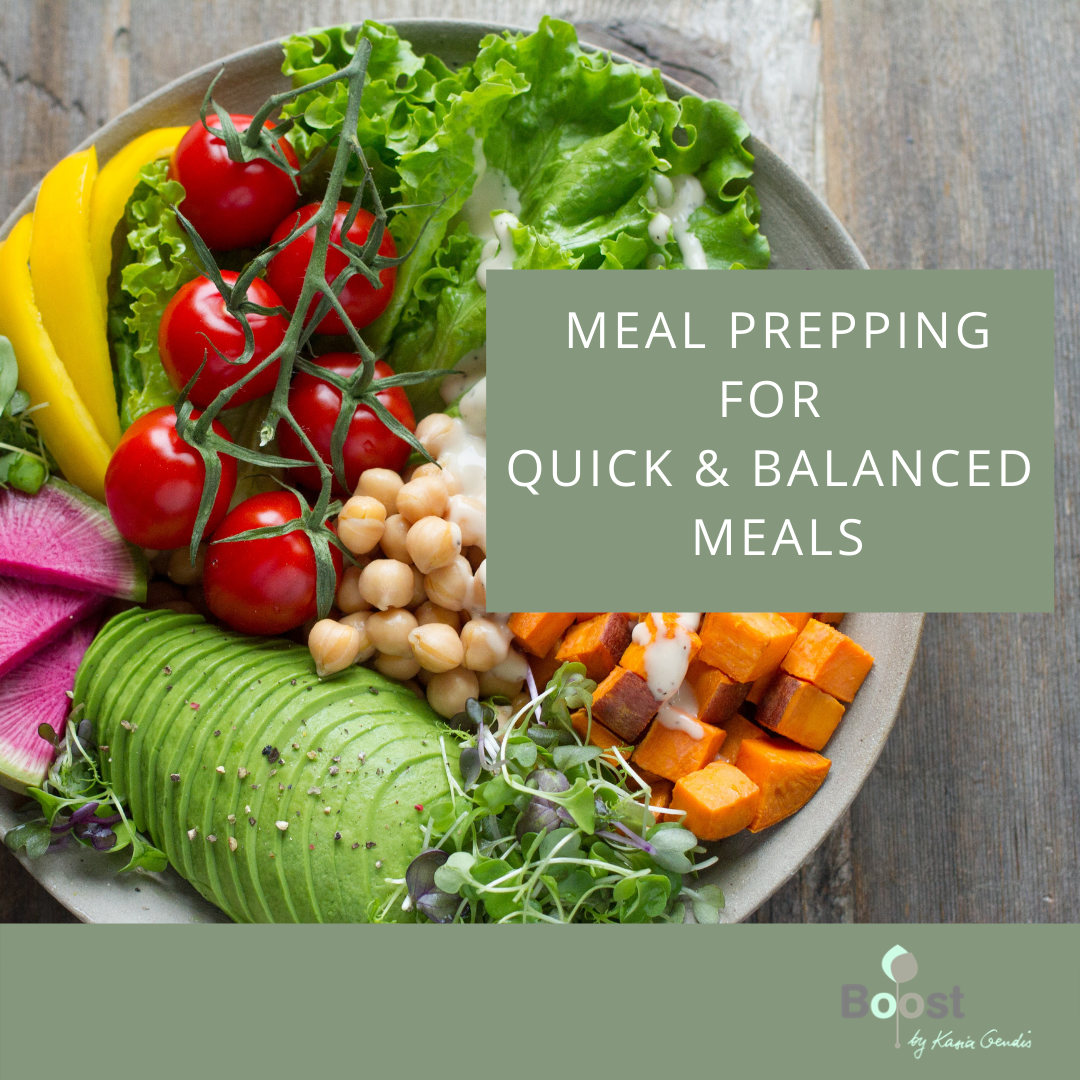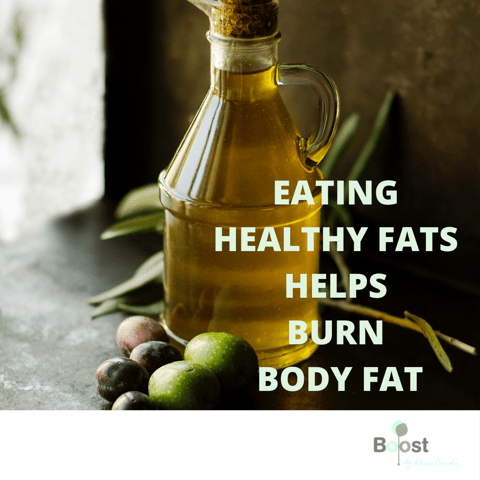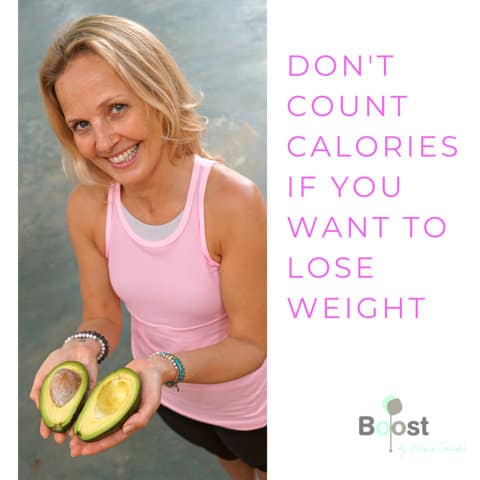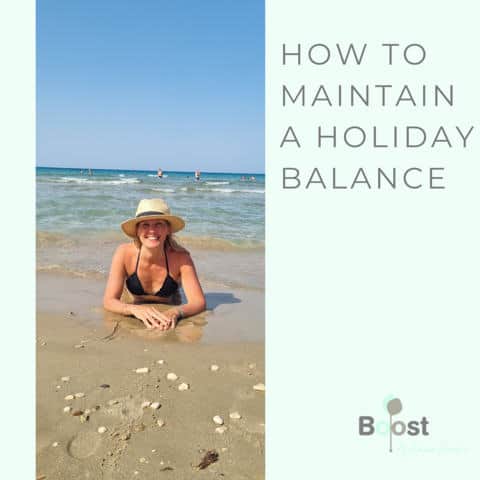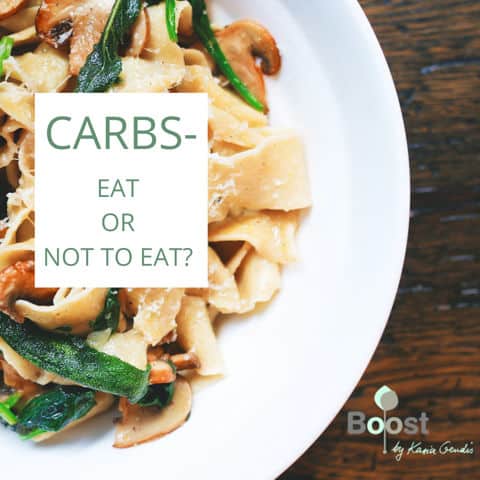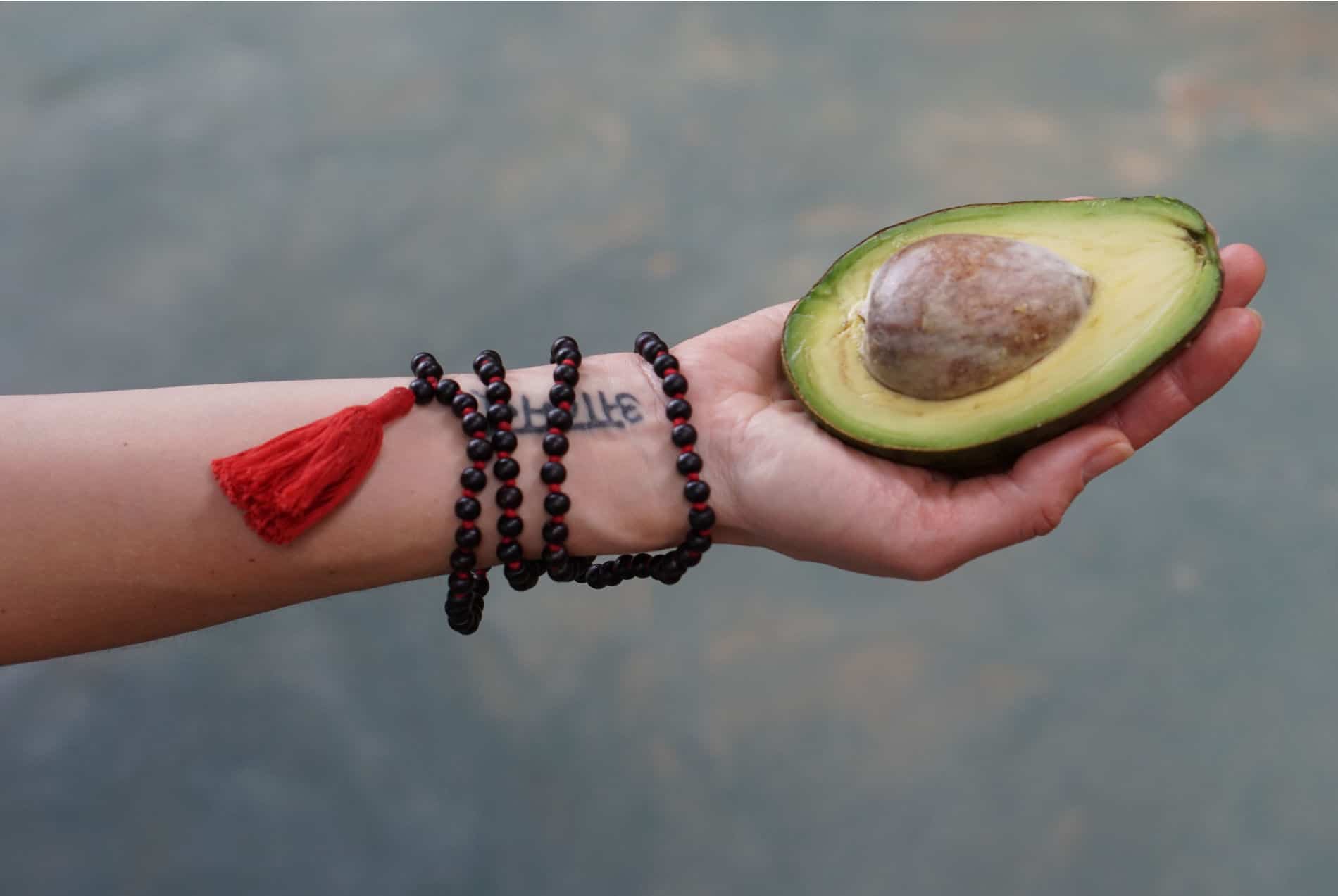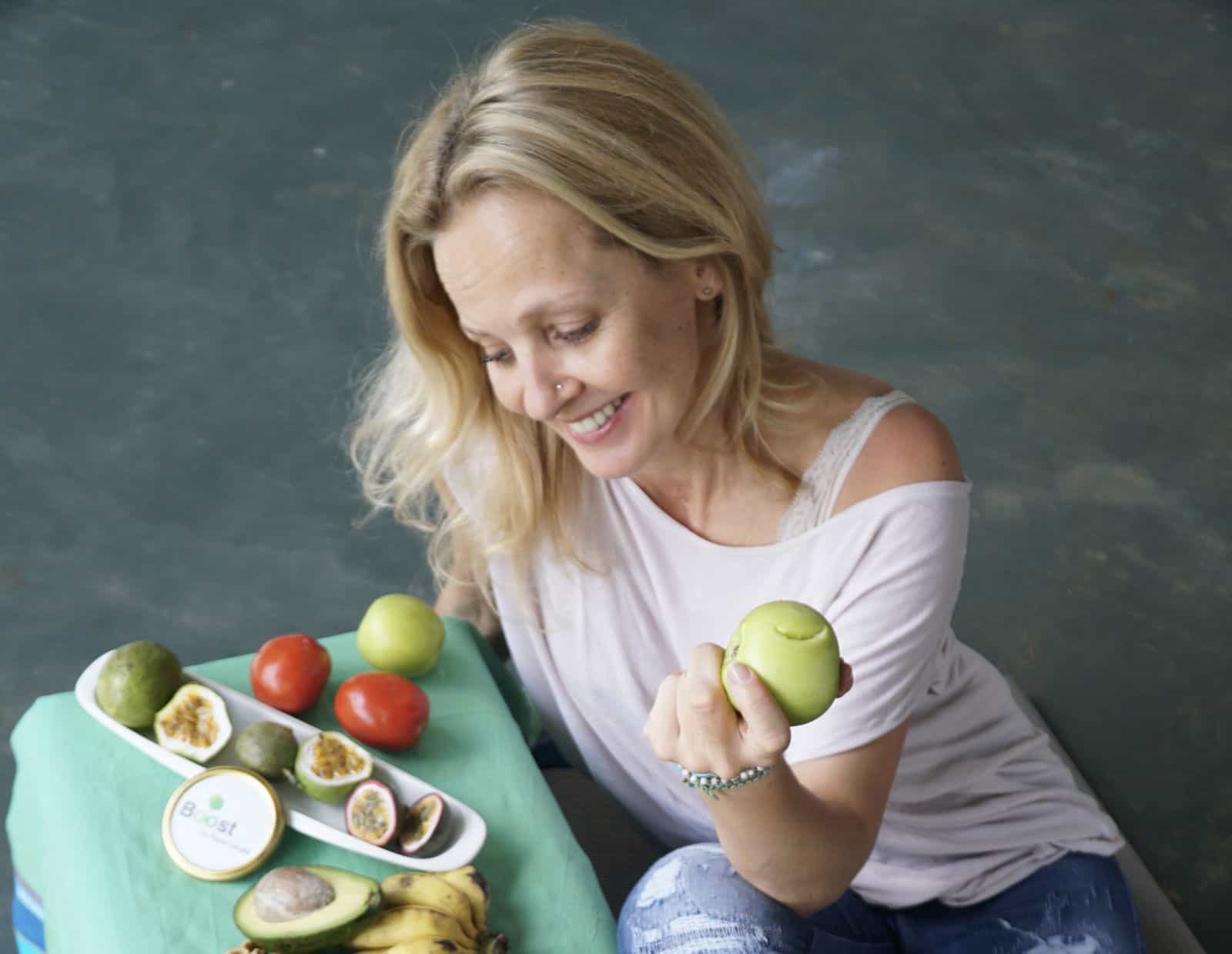Detox is an ongoing process that is vital to our health, happiness, and immune system. The body has a sophisticated system in place to detox itself naturally through the colon, liver, lungs, lymphatic system, and the skin. But evolution simply cannot keep up with the increase of toxins we face.
In the modern world, we are increasingly bombarded with toxins. There are over 80,000 chemicals used in industry. Pollutants, chemicals, herbicides, pesticides and toxins find their way into our homes. Radio waves from computers and cell phones are putting increasing strain on our bodies. And even if we eat unprocessed foods, we have constant stressors in life, and stress, which triggers cortisol release, is the number one toxin.
When the body is overburdened with toxins, excess mucus is created to protect the organs.
Our liver does the best job it can to protect us, and it does this by wrapping those toxins in mucous and storing them in fat cells. We can’t burn the fat until we release and process that toxins that are stored in it. The reality is that no matter how much you exercise, eat right, and manage your stress, you won’t be able to lose that stubborn fat until you detox and get rid of those toxins for good.
Excess mucous also leads to inflammation in the body and the host of issues associated with it.
Today, my practice is full of clients suffering from hormonal issues, fatigue, food allergies, weight problems, digestive distress, skin problems, headaches, depression or autoimmune disorders. I also work with many people who are busy and in search of simple guidelines about how to make healthy food choices, and those who desire techniques for de-stressing or balancing their moods.
Healthy cells provide the foundation for a healthy body. Your cells need the following to thrive:
- Oxygen
- Unprocessed foods containing nutrients and minerals
- Hydration
- Well-functioning detoxification pathways
Disease and malaise exist in a state of imbalance. Detoxing regularly allows your body to maintain a state of healthy balance. I allows the body to safely and effectively release the toxins that have found their way into your organs, fatty tissues and blood. Your body will reset on a deep cellular level, paving the way for improved vitality, digestion, weight loss and immune health.
Signs your body needs a detox
- Carrying excess weight around your belly
- Experience sugar or salt cravings on a regular basis
- Have skin blemishes and breakouts
- Can’t think straight or feel like you have brain fog
- Get the late afternoon energy slump
- Wake up still feeling tired
- Feel like you’ve lost your glow
- Migraines
- Bloating, constipation or diarrhoea
- Low energy
- Feeling sluggish
- Pains and aches in muscles and joints
are just some of the common ones.
Choosing the right detox
If you’re new to detoxing, you might think that you have to do a really extreme program to get good results, but that’s just not true. And, doing an extreme detox can actually make things worse because it can throw your body into a state of shock. The reality is that your body does not care whether you fit into your skinny jeans. Your body is focused on one simple thing, and that is keeping you alive! When you jump into an extreme detox without preparation or previous experience, your body experiences that detox as a crisis. And when your body goes into crisis mode, the last thing it wants to do is to create extra work for itself. Instead, it focuses on preserving energy and slowing down your metabolism by burning fewer calories and less fat to protect you and keep you alive. That’s the exact opposite of what you want to have happen when you’re detoxing.
What to do instead.Trust your instincts and your body. Although detoxing isn’t always comfortable, most of us can tell the difference between experiencing a little discomfort and something that’s really wrong. It’s okay to say no thanks to a detox that doesn’t sit right with you. In fact, there’s nothing wrong with you, it simply means that isn’t the right detox for your body. Our bodies are different, and what we need might be different from what our best friend or neighbor needs. If you haven’t detoxed before or if you’re struggling to find the detox that’s right for you, I encourage you to try a detox that’s built around adding lots of detoxifying foods to your diet rather than restricting and depriving you of food. These kinds of detoxes are just as effective and can actually be better for you because you’ll stick to the whole program instead of giving up halfway through. Even better, your body won’t go into crisis mode.
The right kind of detox for the season you’re in
Have you noticed how everyone tends to think they can make huge lifestyle changes on January 1st, after weeks of overindulging? Why do we think that we can all of a sudden make a drastic switch during the darkest and coldest time of the year for many of us?
I know many people are determined to drop the weight they gained over the holidays, but doing an extreme diet can set you up for disaster for the rest of the year.
The problem with doing an all juice cleanse in the winter is that your body is aware that it’s winter! Again, on a cellular level, your body’s primary purpose is to keep you safe and warm. When you deprive your body of sufficient calories, fat and protein when it’s in winter survival mode, your body will mis-read what’s happening and assume that you’re starving. When your system is in starvation mode, your body does everything it can to hang on to every last calorie to keep you from dying. So what does this mean? When you’re on a juice cleanse in cold and dark winter months, the body slows down your metabolism and does everything it can to keep you alive. But when you start eating real food again it takes a while for the body to realise that you are no longer starving, and that means it continues to hoard those calories and keep metabolic burn at a low rate until your body feels safe enough to come out of starvation mode. So not only do you cause a problem for your system while detoxing if you’re doing the wrong kind of detox for the season you’re in, but you also will create a metabolic problem for weeks after.
What to do instead: Green juices and smoothies are a really powerful tool when it comes to detoxing, but they are best used in spring and summer detoxes. So when you’re looking for the right detox for you, be sure to look for one that understands the role seasons play in developing the detox that will be best for the time of year.
I’ve discovered that for myself and for my detox clients that doing an extreme detox once a year is not particularly effective. In fact, I’ve found that what usually happens is, despite the best of intentions, many people start these detoxes and then cheat through most of them or give up halfway through. I’d rather have you dedicate 5-7 high quality days to yourself and to detoxing your body a few times a year and really stick with it rather than having you do one 21 day juice cleanse where you’re miserable and suffering and you end up eating a grilled cheese sandwich halfway through because you’re so hungry.
Detox is a chance to reset your eating and overall lifestyle habits
Approach your detox as a chance to reset your eating habits and a way to celebrate your body, and not as a punishment or something that has to make you suffer.
Instead of looking at a detox as punishment, what if you looked at the experiences as an opportunity for you to provide some high quality self-care for yourself?
Women often get so caught up in taking care of others that our own self-care falls to the wayside. And here’s the problem with that – when you don’t take care of yourself, you eventually run out of energy to take care of everyone else, too.
As I often say to my clients, you simply can’t pour from an empty pitcher. What that means is, when you’ve given all you have to give, that is not the time to dig deeper to find the last bit of reserves you have. Instead, when you’re running on empty, that’s when it’s time for you to switch gears and give some attention to yourself.
What to do instead: Use detoxes as a time for you to recharge and renew your body, mind and soul. You will experience transformations in your life that revolve around more than just food! A week of time focused on yourself helps to get healthier, more connected to your body and it’s signals, and it also helps to get clarity on how to feel more balanced in your lives.
The really cool thing about allowing yourself to look at a detox as a way of filling your empty pitcher is that when you’ve been renewed and rejuvenated, your capacity to show up for yourself and others grows exponentially.
I run seasonal group detoxes. You can always contact me with any questions you have at kasia@boostbykasiagendis.com
